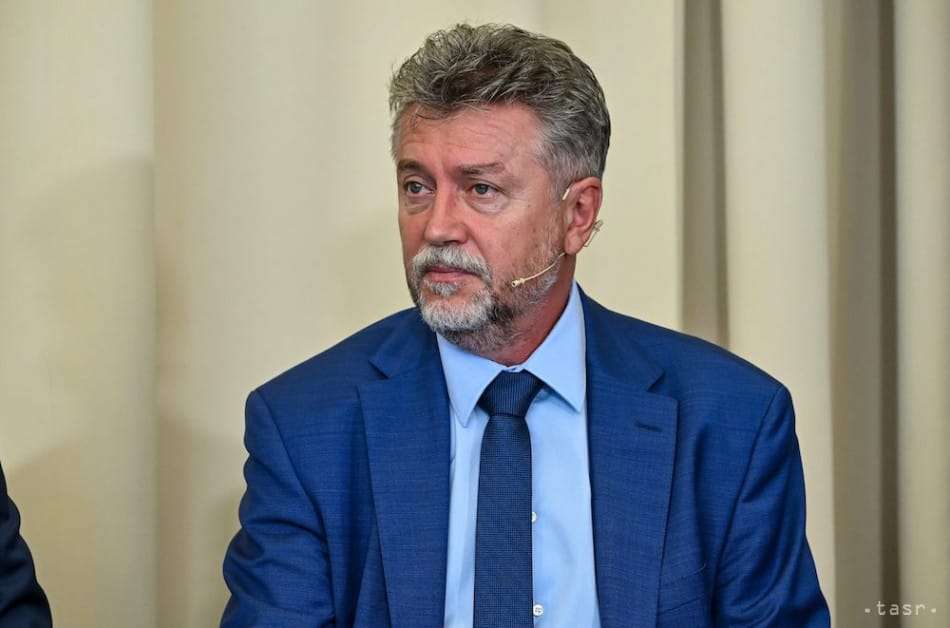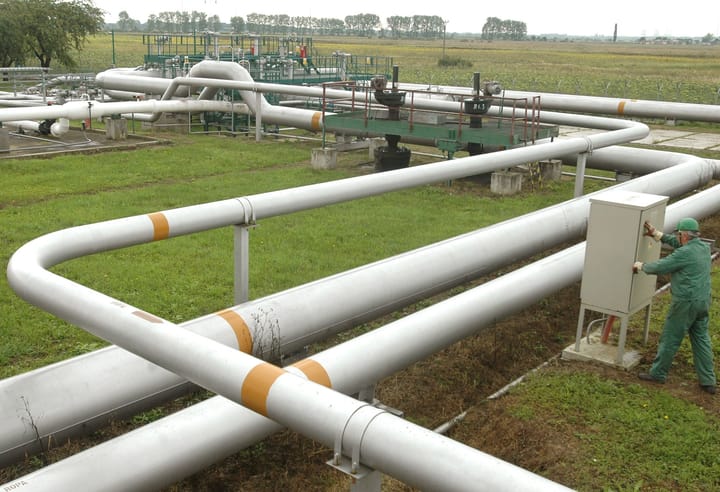Hajko: Slovakia's Rating Hasn't Fallen But Government Can't Find Comfort in This

Bratislava, 27 October (TASR) - If the government wants Slovakia to maintain its current rating while dealing with the adverse external economic environment, it must make maximum use of available external resources because there are hardly any internal ones, opposition MP Jozef Hajko (Christian Democrats/KDH) stated on Monday.
Hajko added that this is a warning for government politicians who have decided to go down the path of allowing the business environment to deteriorate further.
"Just after Robert Fico's (Smer-SD) government approved the third consolidation package and the 2026 state budget, renowned global agency Standard & Poor's maintained Slovakia's A+ rating with a negative outlook. This is good news for the government after the imposition of tough new measures on the public and companies and the passing of a dubious state budget. But there are more stern warnings," said Hajko.
The MP stated that if Slovakia isn't to drop a notch lower in the rating, it must, for example, deal with the pressure of competition in the automotive industry or maintain at least moderate economic growth by making proper use of resources from the European Union (EU).
Hajko also emphasised that Standard & Poor's expects the level of the public deficit to be 4 percent of gross domestic product (GDP) in 2027 and 3.8 percent in 2028. "The government's approved public budget has these figures 1 percentage point higher, at 5 percent and 4.6 percent. The situation is similar for the national debt. While in 2028 the agency calculates that Slovakia's gross debt will be 58 percent of GDP, the government has provisionally calculated it at 64 percent of GDP," stated the opposition lawmaker.
Hajko added that a downgrade is only a matter of time if the government fails to bring the public deficit below 5 percent of GDP despite tough measures, puts the state further in debt and is no longer able to collect the taxes that it sets itself. "After all, financial investors trust Slovakia much less today than they did in the past. Slovakia is among the third of EU countries that borrow most expensively on the markets," noted Hajko.



